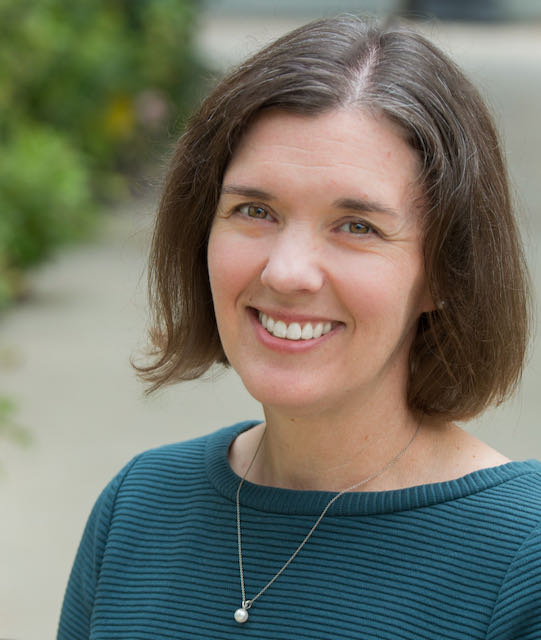Discovering and applying new and innovative economic development tools, models, policies, and programs
Creating Jobs and Wealth in Distressed Michigan Communities
2024: Attitudes Toward and Knowledge Gaps about Equity Among Practicing Planners Part I
Student-Led, Faculty-Guided Project - Spring, 2024
Author(s): Carolyn G. Loh
Summary
The American Institute of Certified Planners (AICP) Code of Ethics calls upon all practitioners to “incorporate equity principles and strategies as the foundation for preparing plans and implementation programs to achieve more socially just decision-making.” However, the reality of planning with equity in mind is complicated. Some planners work in communities that broadly support equity goals; others do not. Some planners work in communities with the resources to create major public investments, while other planners must try to improve equity in very under-resourced communities. Planners in private practice must balance their own principles with the need to retain clients, who may have their own priorities. Increasing the emphasis on social equity in urban and regional planning is a core goal of both the academic association (ACSP) and the professional association (APA) of planners in the US. In Michigan, the Social Equity Committee of the Michigan Association of Planning (MAP), the Michigan State chapter of the American Planning Association, has in recent years conducted research on how local governments are incorporating equity goals into their comprehensive plans. This Student-Led Faculty Guided project seeks to identify attitudes toward and knowledge gaps about equity among practicing planners to help direct future research efforts.
Author Information
Carolyn G. Loh is an Associate Professor in the Department of Urban Studies and Planning at Wayne State University. Her research focuses broadly on municipal planning and land-use regulatory processes and the actors and politics involved in those processes. She has conducted research on the role and impact of planning consultants on municipal comprehensive planning processes, planning capacity, planning ethics, plan implementation, planning for equity, arts and cultural planning, and local land use regulation around fracking and open space subdivisions. A former planning consultant, she frequently collaborates with planning practitioners and has written about the importance of practice-focused research. Dr. Loh is currently partnering with the Michigan Association of Planning to study how local governments are including equity issues in their comprehensive plans.
View the Report


